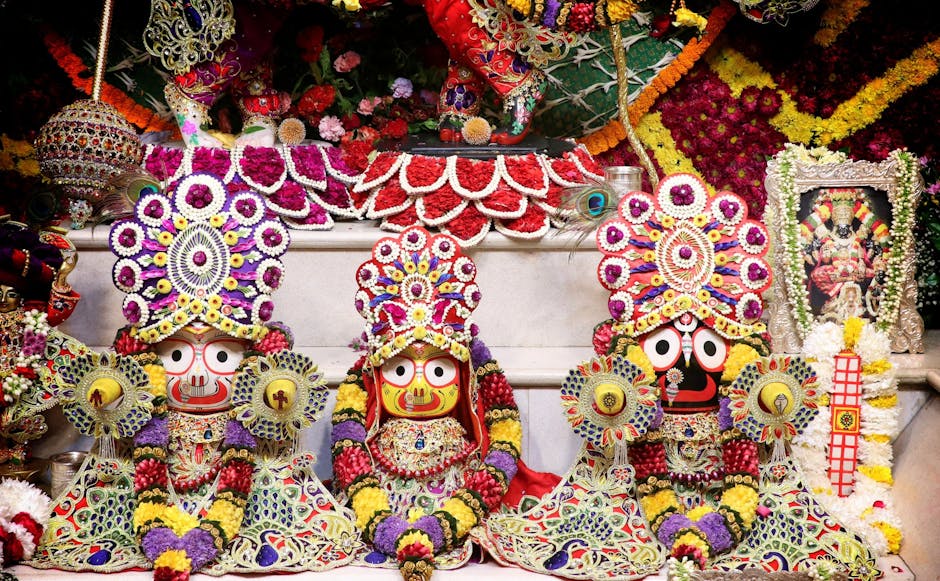Fugitive diamantaire Mehul Choksi, central to one of India’s biggest banking fraud cases, faces a new legal hurdle as a Belgian court dismisses his appeal against extradition to India. This decision marks a significant step in the ongoing battle between Choksi and Indian authorities, who seek his return to face charges linked to the ₹13,578 crore Punjab National Bank (PNB) scam.
The Belgian Court’s Decision
The Antwerp Court of Appeal rejected Choksi’s plea, upholding an earlier ruling that cleared the path for his extradition. Choksi, who fled India in 2018 and later acquired citizenship in Antigua and Barbuda, claimed he wouldn’t receive a fair trial in India and raised concerns about his safety and health. However, the court deemed these arguments insufficient, bringing his potential return to India closer to reality.
This ruling follows a series of legal battles across jurisdictions, including Antigua and Dominica, where Choksi was briefly detained in 2021. His legal team has consistently argued that the charges are politically motivated and that he risks human rights violations if extradited.
The PNB Scam and Choksi’s Role
Choksi, along with his nephew Nirav Modi, is accused of orchestrating a massive fraud involving fraudulent Letters of Undertaking (LoUs) issued by PNB. The scam, uncovered in 2018, rocked India’s banking sector and led to investigations by the Central Bureau of Investigation (CBI) and the Enforcement Directorate (ED).
Choksi allegedly siphoned funds through his company, Gitanjali Gems, and invested the proceeds in overseas assets. Indian authorities have attached several of his properties and are working to recover the defrauded funds.
What’s Next for Choksi?
With his appeal dismissed, Choksi’s legal options in Europe are narrowing. However, his team may appeal to a higher Belgian court or seek intervention from international human rights bodies. Meanwhile, Indian authorities are collaborating with international agencies to expedite his extradition. If returned, Choksi will face trial in India on charges of money laundering, fraud, and conspiracy.
The Broader Implications
Choksi’s case is a litmus test for India’s “No Escape” policy, which aims to bring economic offenders to justice. It also highlights the complexities of international extradition, especially when the accused cites political persecution or human rights concerns. While India has successfully extradited figures like Vijay Mallya, Choksi’s case underscores the challenges of navigating multiple legal systems.
Public and Political Reactions
The court’s decision has sparked mixed reactions. While many in India view it as a step toward justice, Choksi’s supporters argue he’s being unfairly targeted. The case has also reignited debates about India’s legal and banking systems, emphasizing the need for stronger safeguards against fraud.
As the legal saga continues, the question remains: Will Mehul Choksi finally face trial in India, or will he evade extradition once again? For now, the Belgian court’s decision brings India closer to holding him accountable for one of its largest financial scandals.
Stay tuned to NextMinuteNews for the latest updates on this developing story.




